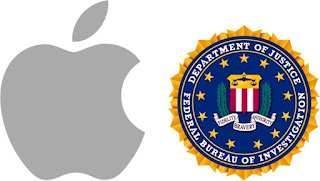Announced at this 2018 edition of WWDC, the new version of iOS 12 adds some features to Apple's iPhone and iPad.
With USB Restricted Mode, police forces will have a lot more trouble accessing data from a locked iPhone.
Available now in beta, the new iOS 12 system incorporates a security feature rather interesting, but was not mentioned during the keynote yesterday: the USB Restricted Mode. To enjoy it, go to the "Face ID & Passcode" menu and activate the "UBS Accessories" option. In this case, the Lighting interface will automatically block any USB communication if the device has not been unlocked for one hour.
For the police forces - FBI, National Gendarmerie, National Police ... - this new feature could greatly complicate the investigation work. Until now, when the officials came across a smartphone in a criminal case, it was usually subjected to intrusive analysis tools, such as those provided by Cellebrite and GrayKey. Often, these programs rely on security vulnerabilities in operating systems to access data stored in the device.
But for this to work, one of the necessary conditions is to have an accessible communication port. However, USB Restricted Mode blocks any attempt of this type. The only solution that would then remain in the bloodhounds is a disassembly of storage components and a reverse engineering analysis. This is painful, time consuming and far from often successful.
Asked by Motherboard, security researcher Ryan Duff believes the USB Restricted Mode "will kill Cellebrite and GrayKey products. If this function actually does what it says it does and prevents any data communication when the device is locked, then that's true. You can not hack a device if you can not communicate with it.
